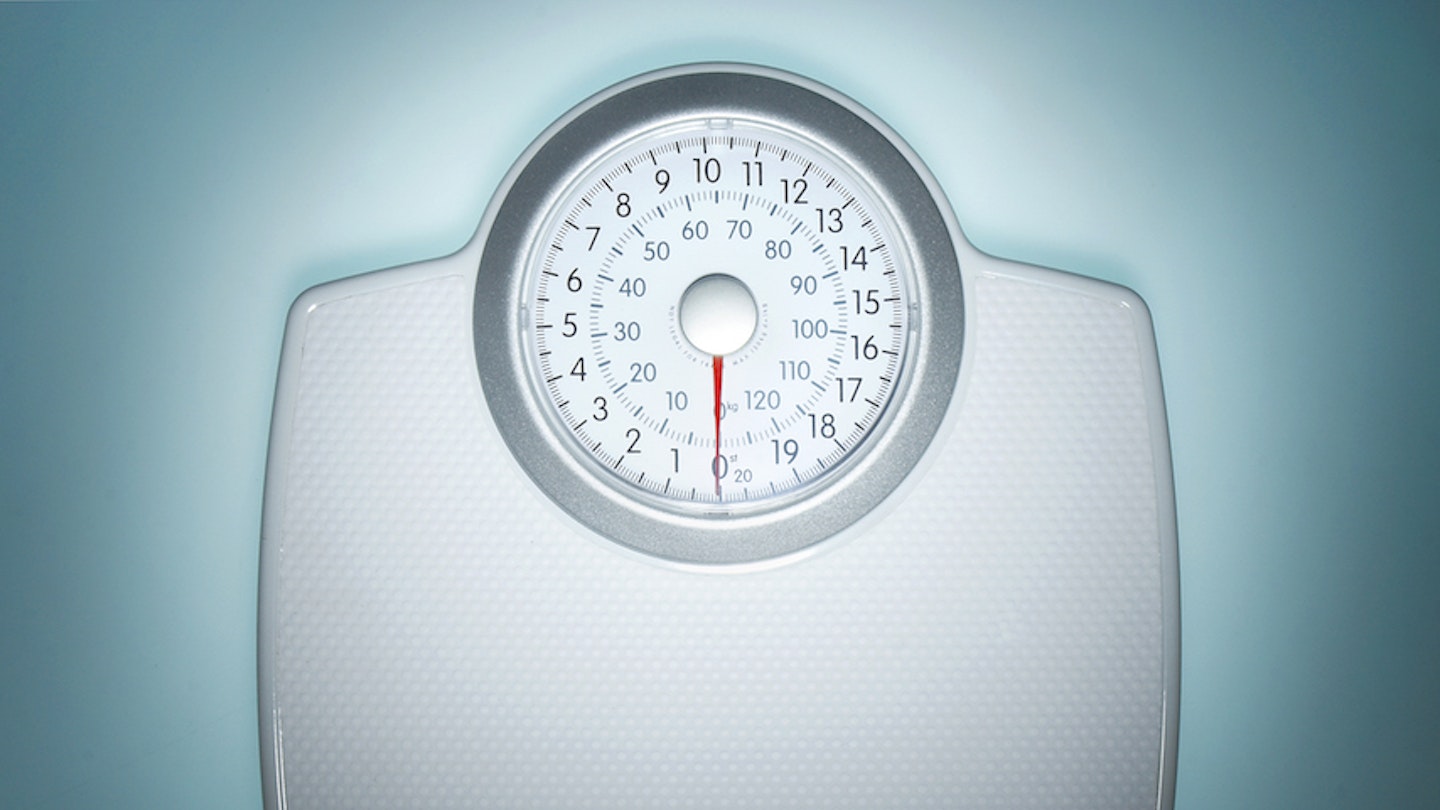As a woman is body-shamed live on radio, columnist Lucy Vine looks at whether we need to talk more or less about weight in public
I AM ANNOYED AND WHEN I AM ANNOYED I TALK IN UPPERCASE SORRY IN ADVANCE.
Earlier this week, during a section on Radio 4’s You and Yours, the show’s presenter – highly experienced journalist and definite-woman-herself-so-surely-she-should-get-it – did a really sh*tty thing; she publicly body-shamed her guest.
IT IS INCREDIBLY DISAPPOINTING.
The blogger/chef/Naked Diet author Tess Ward, was on the episode to discuss that whole 'clean living' thing I don’t totally understand, but the conversation never really got that far. Instead, minutes into the live interview, in a disapproving voice, presenter Winifred Robinson tells Ward that she has, 'really thin legs' and then also informs her, 'You’re a bit underweight'. You can hear Ward’s discomfort and shock, as she eventually responds, 'I’m not a bit underweight. I’m a person who’s struggled with IBS for a long time.' She then adds, a little bit sadly, 'It’s not my fault.'
Ward later posted this to her Instagram:
'So disappointed that skinny shaming is considered ok on live radio. It's certainly sad that Winifred was more interested in the size of my legs then the health of my gut. I have spent 8 years dealing with people who ignorantly make assumptions about my health. I am trying to get people taking gut health seriously, not waste time talking about how I look.'
SIGH.
Personally, I'm rarely the subject of body shaming. Mostly because I am a confident middle-sized woman – a size 12-14 – which is uninteresting to those who seek out vulnerability and like to tear other people down. The worst I get is some body-awkwarding from friends and family who want to make me ‘feel better’ about a size I’m mostly totally happy to be (you know what I mean – those ‘Oh, it’s just because you have big boobs/are tall/this shop sizes up’ justifications you never asked for). But it doesn’t stop me body-shaming myself. We all do it.
A few months ago, I was visiting family and my six-year-old niece, Lola wanted to take a selfie with me (because I’m awesome and her best friend). ‘Can I show Grandma?’ she asked me afterwards and I reflexively replied, ‘No, I look disgusting.’
She stared at me, processing it, and I looked back thinking what a great life lesson I’d just given my niece about how we talk about ourselves. The idea that she’d grow up thinking it was OK to call herself disgusting made me want to cry.
We all insult ourselves so much – we are horrible in a way we never would be to our friends – which is maybe why Robinson’s comments to Ward are so jarring and disturbing. How do you get over it, when someone says out loud, those quiet, nasty comments we already whisper to our reflection in the mirror?
It will probably not come as a surprise that this week yet another study found that body-shaming ourselves and others is incredibly damaging. The research found that hearing comments around weight when we’re young often leads to disordered eating and self-esteem problems as adults. In fact, the more a parent comments on their daughter’s weight, the more certain it is that she will be unhappy with her body as a grown up.
So is it time to shut up about weight altogether?
It’s a difficult question, because in many ways, I actually think we should be talking about it more. Articles like this one from Bryony Gordon are important because, as women, we are so often told that our bodies are wrong and we should be ashamed of them. Fat, thin, medium – every single female body shape is reviewed and dissected. We are taught to feel shame about our bodies. And I think the only way to shed that shame skin is to stand up and say you won’t have it. The more I say I AM A SIZE 14 out loud and proudly, the more I cannot hear those who would like me to hate myself for it.
US author of Shrill, Lindy West is my personal cult leader in this project. Speaking on This American Life podcast this week for a show called Tell Me I’m Fat, she has ‘come out’ as fat, after years of feeling like her body was an object of hate. “I always felt like if I didn’t mention [my size], people wouldn’t notice – like a polite secret that felt so shameful,” says West. “Like, I didn’t want to burden you with my failure.” But embracing being ‘fat’ and rejecting the negative, loaded connotations around that word means she’s been able to like herself at long last.
So here is my proposal:
-
Everyone shut up commenting on other people’s bodies.
-
Everyone speak up about how lovely your own body is.
Who’s in?
READ MORE: My life with orthorexia: how my healthy diet became an eating disorder
READ MORE: Nigella Lawson speaks out about our unhealthy obsession with being thin
